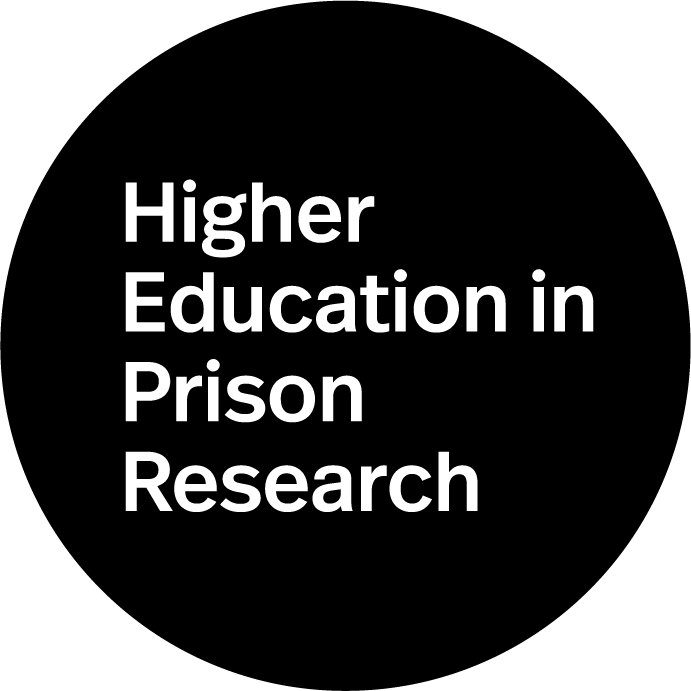On March 23, 2022, Ithaka S+R convened convened a group of higher education in prison (HEP) researchers to provide guidance on what funders need to hear from the HEP research community.
Top priorities for student-centered and ethical HEP research
This framework needs to be flexible enough that it can be simultaneously grounded in the HEP context and utilize what is known from other fields, including higher education, to understand the mechanisms of change that exist within HEP.
Student success measures need to focus on holistic outcomes and not only post-release employment. Determine how program success defined compared to student success. Currently and formerly incarcerated students need to be involved in defining these measures.
Show success using data to create program buy-in from DOC, the public, and political leaders. To do this, the HEP field needs to expand quantitative and qualitative data collection and management systems for programs.
The HEP field needs reliable data and metrics to help programs, specifically regarding the use of internal vs. external data, longitudinal data systems, and the assignment of MOUs and codebooks.
Ensure that research taking place in prison is as free as possible from DOC restrictions and censorship. This means allowing incarcerated students to set their own research agendas and working with college and university institutional review boards to support participatory action research (PAR).
Overarching takeaways
- Across the board, participants highlighted the need for institutions of higher education, DOCs, and funders to be involved in supporting research priorities that focus on student success, improve academic and reentry outcomes, and coordinate system-wide data to facilitate efficiency and efficacy. Moreover, there seems to be a need to systematically connect the dots between stakeholders to ensure coherence and effectiveness.
- Data collection and management need to be accessible and ethical (i.e., consistency of data across the board similar to IPEDS), and there needs to be a system in place for accountability to undergird the methods necessary to support these goals.
- The field needs to move toward broader measures of student-centered learning and life outcomes (i.e., looking at holistic educational outcomes and involving students as active participants in defining these outcomes). This would ensure that HEP programming supports students in a way that is also student-centered rather than deficiency-based or focused on perpetuating the program itself.
- The restoration of Pell Grants for incarcerated students represents an opportunity to invest in US higher education’s most admirable qualities – a diverse, heterogeneous, decentralized, multi-funded system of mass access – without replicating higher education’s segmentation, redundancies, and limited meaningful collaboration across institutions.
- Participatory action research (PAR) needs to be a priority in HEP. However, the length of time needed to engage in the critical relationship-building work to do PAR rarely matches the shorter timeline in which funders typically operate, and challenges continue to exist with the PAR IRB process.
